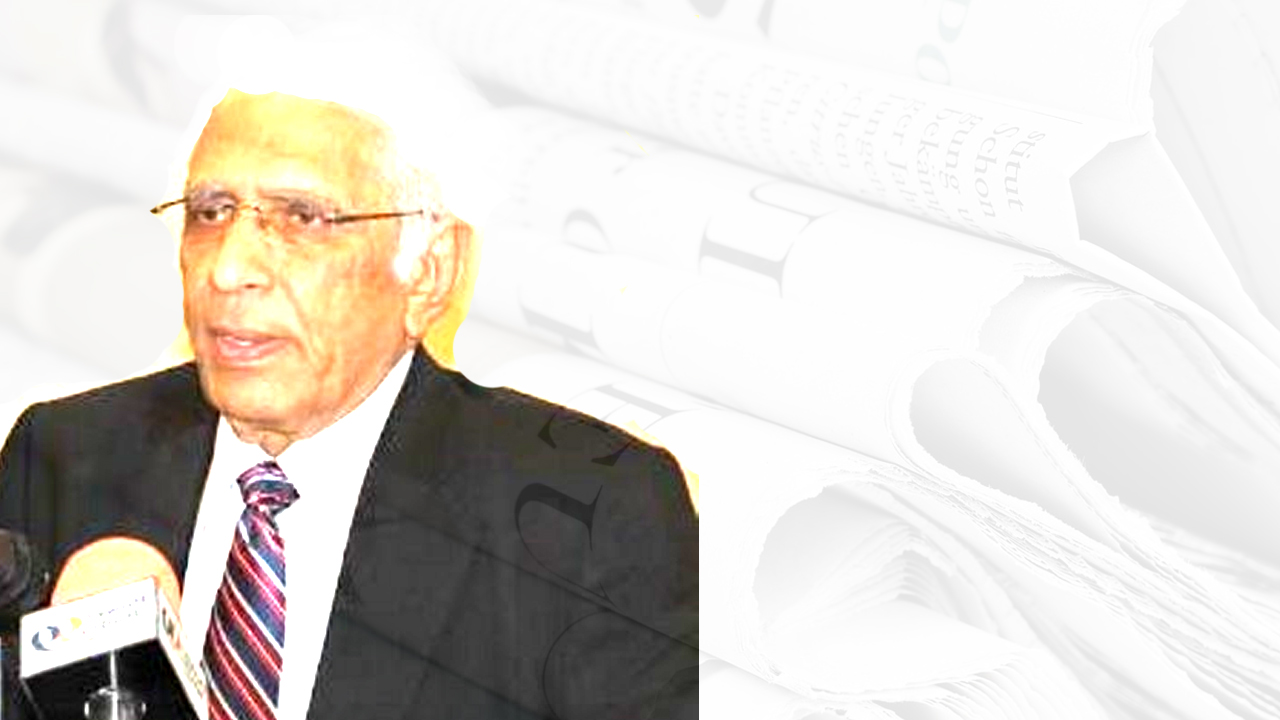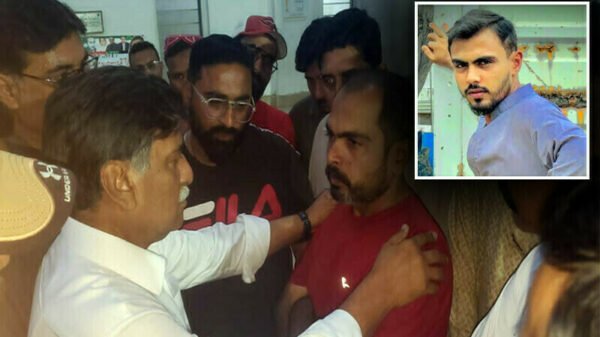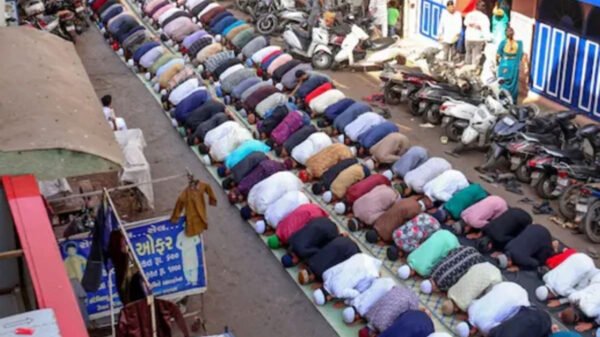Editorial by: M. Ziaudin
It was too close a call. And the number of votes that each of the two contestants polled make it more of a clash between pro-Trump and anti-Trump voters rather than between the candidates of two political parties—Republicans and Democrats— subscribing to two different manifestoes. Indeed, it was seemingly the anti-Trump voters rather than pro-Joe Biden ones that seemed to have decisively hauled the Democratic candidate across the tape edging out Trump.
This becomes even more glaringly evident in the opening remarks uttered by the President-elect in his first national address. He vowed to heal a deeply divided nation, and reaching out to the millions of people who voted against him to say, “Let’s give each other a chance.”
His calls for reconciliation at a Saturday evening victory celebration came even as President Donald Trump continued to argue that the election had been stolen from him, an indication that the divisive politics that have gripped the US over the past four years are far from over.
Given the Democrat’s numerical strength in the Senate, the administration of US President-elect Joe Biden is more likely to reverse a number of President Donald Trump’s controversial policies on Palestine and the broader Middle East. Democrats are committed to a two-state solution and oppose annexation and settlement expansion.
In Syria, a Biden-led administration is once again likely to stand with civil society and pro-democracy partners and help advance a political settlement where the Syrian people have a voice. And it will certainly reassess the U.S. relationship with Saudi Arabia and end support for the Saudi-led war in Yemen.
It will also hopefully rescind the un-American Muslim travel and refugee bans and make America, once again, a welcoming destination for immigrants and refugees, including by raising the refugee admissions cap.
Biden has already signaled he is ready to rejoin the landmark nuclear agreement struck in 2015, including the Paris climate accord, and normalize its relations with NATO allies.
During the Cold War days, Pakistan was regarded as the most allied ally of the US. And during 9/11 related terror war, Pakistan was designated as the non-NATO ally of the US. However, relations went South during the Obama administration as concerns grew about Pakistan’s safe havens for the Taliban and the presence of al-Qaeda in the country. Things soured further in January 2018, when Trump accused Pakistan of “lies and deceit” in its relationship with America, tweeting that it took U.S. aid for nothing in return. The administration cut off $1.3 billion in U.S. security assistance following Trump’s tweet.
With the FATF, the Trump administration had chosen an economic tool more effective than an aid to encourage Pakistan to crack down on terrorist groups.
In its bid to avoid being blacklisted, Pakistan has since 2018 taken actions against militant groups—including placing economic sanctions on Lashkar-e-Taiba and sentencing the group’s leader, Hafiz Saeed.
Consequently, taking a U-turn Trump wrote Prime Minister Imran Khan a letter in the fall of 2018 asking for help with the Afghan peace process. Khan, who had long argued for political reconciliation in Afghanistan, was forthcoming.
Pakistan considers the U.S.-Taliban deal signed in February a product of its help, and Zalmay Khalilzad has publicly acknowl- edged Pakistan’s help with the process numerous times.
In a presidency where personalities have mattered a great deal, it was clear that the two (Khan and Trump) celebrity-turned-populist politicians enjoyed meeting each other.
China’s growing presence in the region, and the United States’ willingness to tolerate Beijing’s close economic and strategic ties to Pakistan, has also reassured Pakistan that major powers value its partnership.
But Biden is likely to bring about no substantive change in the Pakistan-US relations. It is going to remain largely transactional.
The US has been at war since 2001: thousands of American soldiers and civilians have been killed, and trillions of taxpayer dollars spent, but stability and security remain elusive. The situation is likely to remain more or less the same following the entry of a new man in the White House.The outgoing administration’s response to the pandemic has painfully exposed the shortcomings of President Trump’s flair for governance. The more experienced incoming administration is likely to overcome the crisis adopting smarter moves










